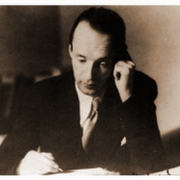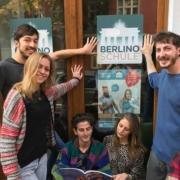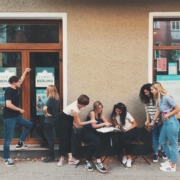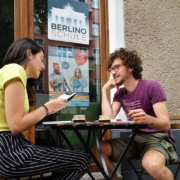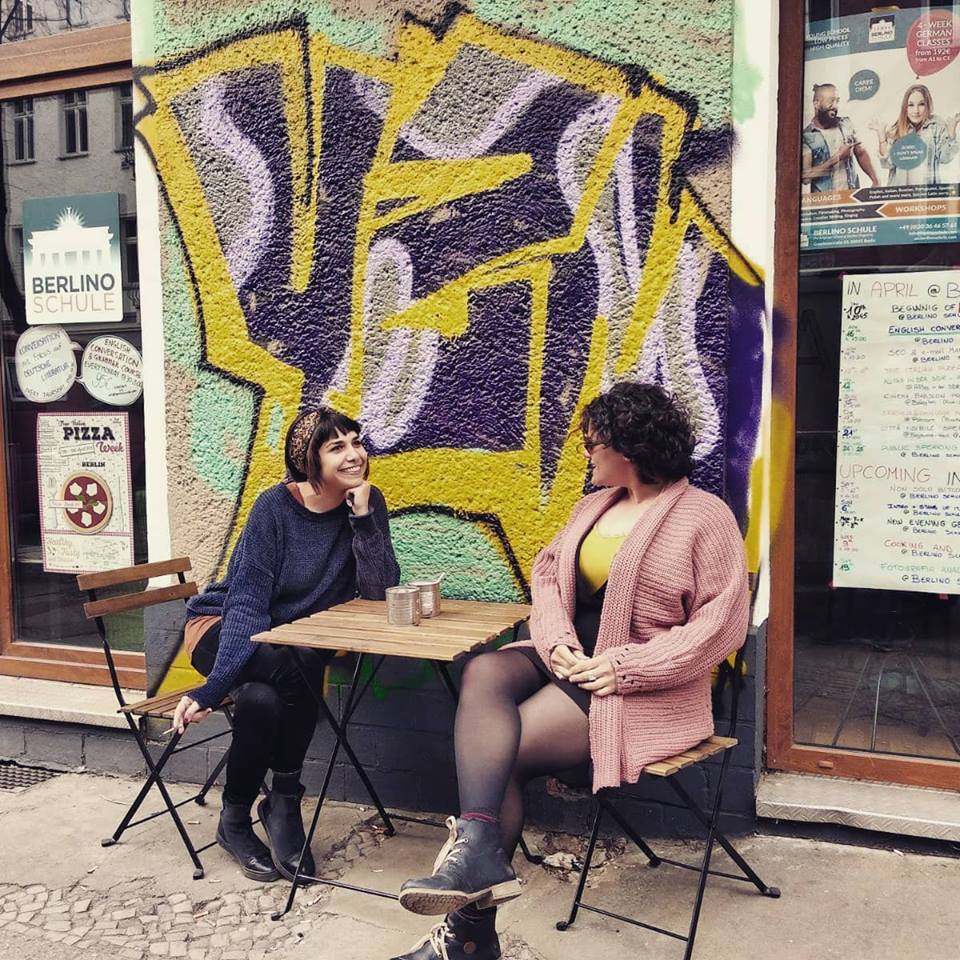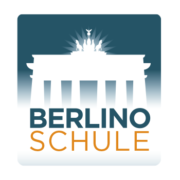Winter School! Study German at Berlino Schule for 9 days, while enjoying the magic Christmas markets
Berlino Schule’s Winter school: study German for 9 days, 230 €, 8 extra activities, Christmas markets and lots of fun!
Is there anything better than drinking a cup of hot chocolate while enjoying the magic Christmas atmosphere in Berlin? Would you like to spend some days in Berlin during the winter? Although the weather may not be great, Berlin is wonderful and full of lights. You can have the chance to stroll around the city, admire the cheerful Christmas markets and have a cup of Glühwein. Maybe after some German classes! Make your Winter great with our super-intensive German courses!
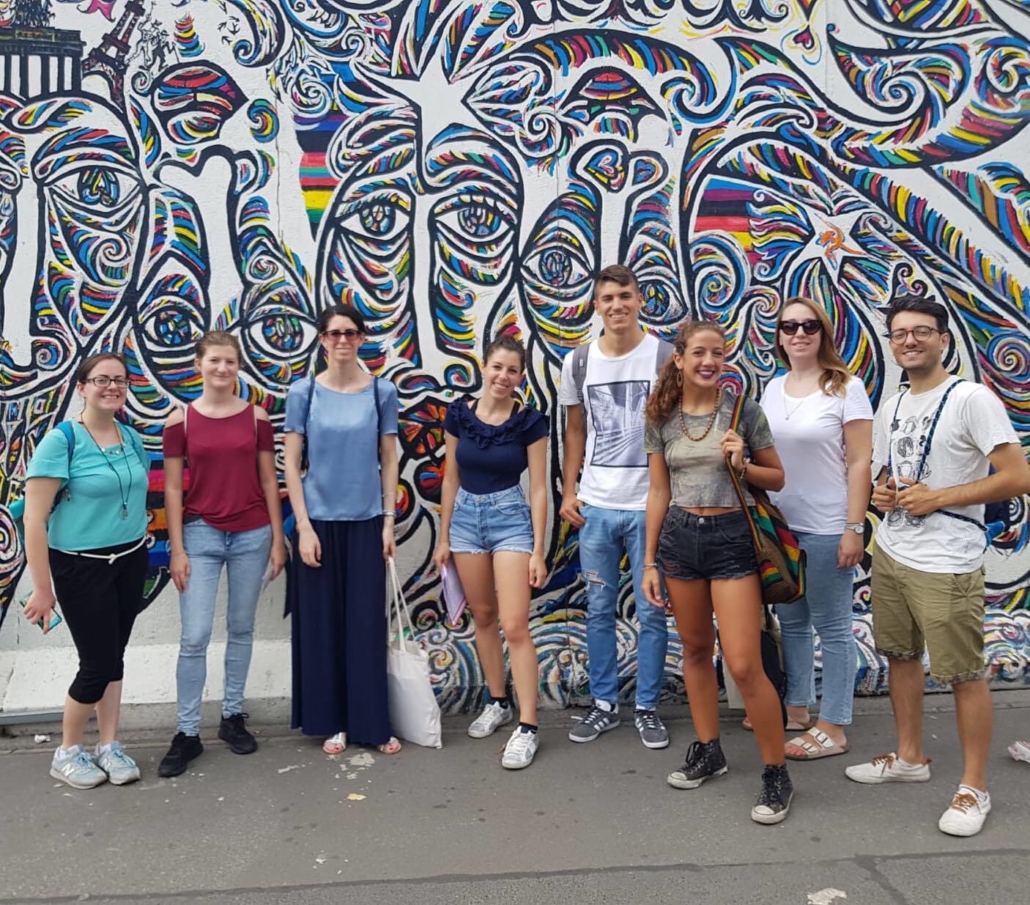
Berlino Schule Summer school 2019
Winter School
The Winter School of Berlino Schule is the study trip you are looking for. If you choose to register for our courses, you will have the possibility to attend super-intensive courses (5 hours per day, for 9 days) in the lively and international district of Friedrichshain.
That’s not all!
Our students will be offered the chance to join 8 extra activities (i.e. cineforum, walking tours, museums, conversation activities, etc).
Berlino Schule can help you find an accomodation in Berlin!
Would you like to spend some weeks in Berlin, but it is hard for you to find an accomodation? No panic! Berlino Schule has established some agreements with some landlords, who can provide you with the right accomodation (flats or rooms). In case you are interested, you can directly contact the school.
Wanna book the whole package?
You would like to attend a super-intensive course, but it is rather difficult for you to find an accomodation? We can provide you with an a single room in some hotels just nearby Berlino Schule, 2 weekly tickets included. Ask for a price quotation!
Great! But when?
From 13th December to 23rd December 2021, every day from Monday to Friday, 9:00 – 13:15.
Calendar
A1.1 13 DECEMBER – 23 DECEMBER (Monday-Friday, 9:00 – 13:15)
A1.2 13 DECEMBER – 23 DECEMBER (Monday-Friday, 9:00 – 13:15)
A2.1 13 DECEMBER – 23 DECEMBER (Monday-Friday, 9:00 – 13:15)
A2.2 13 DECEMBER – 23 DECEMBER (Monday-Friday, 9:00 – 13:15)
B1.1 13 DECEMBER – 23 DECEMBER (Monday-Friday, 9:00 – 13:15)
B1.2 13 DECEMBER – 23 DECEMBER (Monday-Friday, 9:00 – 13:15)
Price
230 € (8 extra activities included!)
I would like to join, but I cannot find the right course for me!
In this case, you can attend our intensive courses in the morning and afternoon, or our evening courses. Our intensive morning courses last 4 weeks. Classes take place every day, from Tuesday to Friday during the morning hours (either 8:45-11:15 or 11:40-14:10). Price: 192 € + 20 € application fee. The afternoon ones last 3 weeks or 5 weeks, from Monday to Friday, from 14:30-17:10 or 17:00-19:00. Price: 192 € + 20 € application fee. Our evening courses last 8 weeks. Classes take place twice a week, either on mondays and wednesdays or tuesdays and thursdays. Price: 240 € + 20 € application fee.
How much I would love to study German, but I cannot be there!
No worries! Berlino Schule offers lots of online courses (morning, afternoon or evening ones). Check them out here: online courses
Our teachers and our method
Certified teachers with a lot of experience in the teaching field. Every course is held in the target language, i.e. our teachers speak constantly the language that our students want to learn during the entire lesson. Our method is based on the belief that a total immersion is the most effective way to get better. In case you cannot assess your level, you can contact us and we can send you a placement test. At the end of the course, a certificate of attendance can be issued upon request.
Info and registration
Send us an email at info@berlinoschule.com
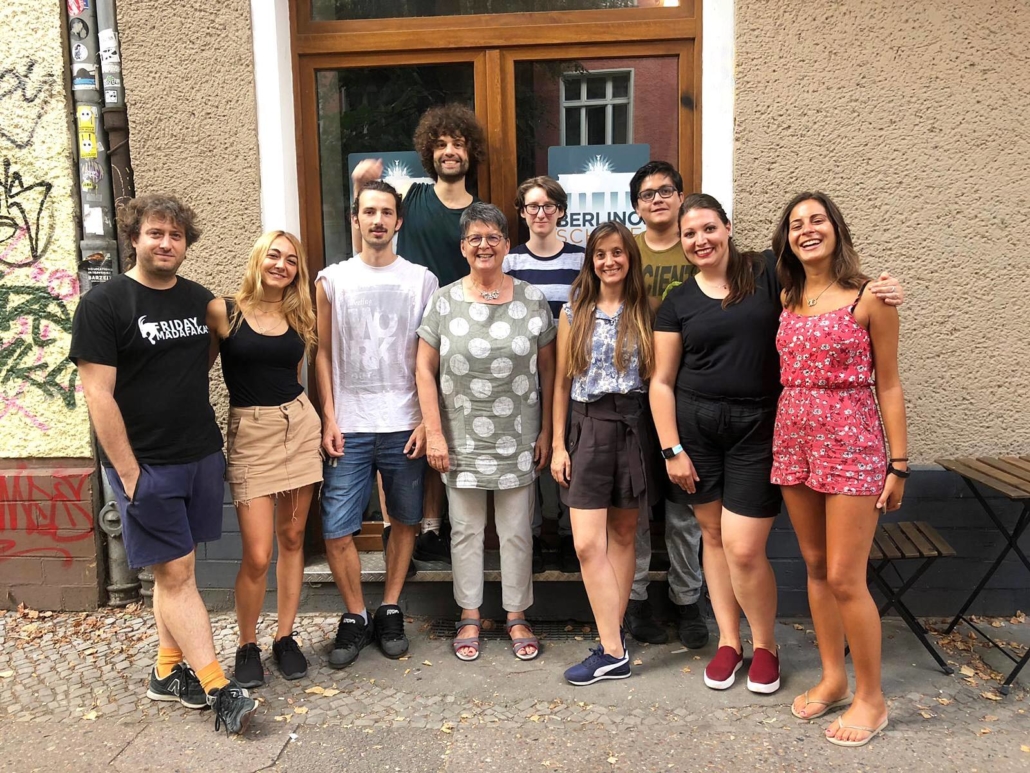
Berlino Schule students
Berlino Schule
Gryphiustr. 23, 10245 Berlin – Friedrichshain
Phone: 0049 (0) 30 36465765
info@berlinoschule.com
Photo: PixelAnarchy Pixabay CC0

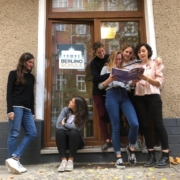 Berlino Schule
Berlino Schule
